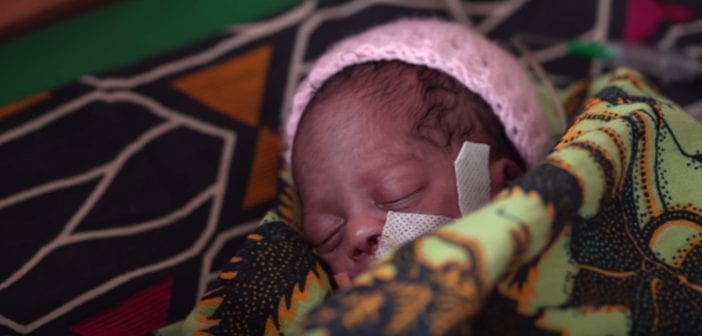Rebecca Richards-Kortum is passionate about the life-saving work she does, both as an engineer and a mother. The Wall Street Journal recently featured a brief look at the work Richards-Kortum is doing and her hopes for the future. Her ultimate goal is to reduce infant mortality in rate in sub-Saharan Africa by half. Given the success she and her team have had thus far, the goal may indeed be attainable.
Richards-Kortum is a professor of bioengineering at Rice University in Houston, Texas. Far from throwing stale facts at students, Richards-Kortum challenges her students to join her groundbreaking work developing low-cost, highly efficient medical equipment. The tools can be used in parts of the world where medical teams do not have access to adequate supplies, consistent electricity, and other necessities. Through Rice 360° Institute for Global Health, Richards-Kortum presents her students with real-world challenges faced by medical providers in developing countries and challenges her students to design innovative and cost-effective solutions. This has proved a potent way to reach innovations. For example, students at Stanford who received a similar challenge were able to develop an incubator that has saved more than 150,000.
Part of the inspiration for her commitment to improving healthcare in impoverished areas of the world came after a research trip to Malawi twelve years ago. Richards-Kortum took the trip to view medical facilities and equipment. What she saw was a shock. As a bioengineer who designed state-of-the-art equipment to save lives, she was stunned to see how the equipment failed the people of Malawi. Without climate-controlled conditions, the equipment succumbed to dust and heat. What should have been life-saving inventions sat useless next to newborn babies in need of care. She said about the trip, “I went in the hospital one person, and I came out a completely different person.”
Since then, Richards-Kortum and her team of students have patented more than 30 inventions, many of them designed especially for the care of newborns and pregnant mothers. When one hospital in Tanzania started using a machine to assist babies in respiratory distress and more effectively deliver oxygen to their lungs, they saw the survival rate jump from 44% to 71%. Other inventions can offer cancer diagnosis immediately, so that patients in rural areas do not have to travel long distances to receive test results.
Richards-Kortum’s work has caught the attention of prestigious organizations in recent years. Last year, she received a grant from the MacArthur Foundation, which she plans to use to design more tools to save lives in places like Malawi. She regularly travels to Africa to see the tools being used to treat patients and receive feedback from the medical providers. In addition to work as a professor and engineer, Richards-Kortum is the mother of six. Perhaps her own children are the greatest inspiration for working to ensure that every child is given the best start.


